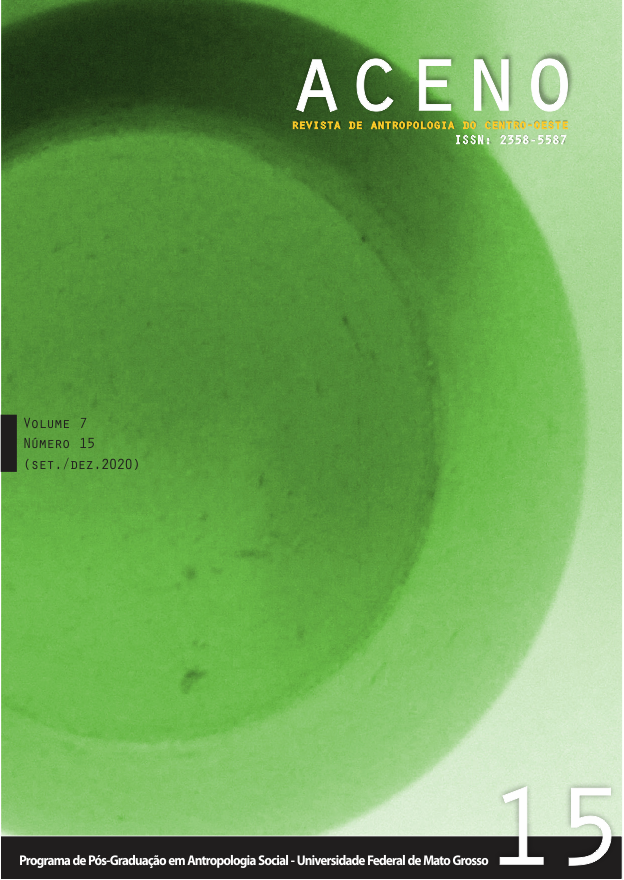The self-organized way of producing public neighborhood spaces: the case of Conjunto Ceará neighborhood in Fortaleza (CE)
DOI:
10.48074/aceno.v7i15.11212Abstract
This article presents itself as a contribution to the maturation of ethnographic researches on the production of public spaces in Conjunto Ceará. It tells us the official history of the neighborhood, arising from a state urban project and the struggles of social movements for the preservation/recognition of these spaces. Then, drawing a counterpoint, he narrates the story that operates in the detail of the daily life of public spaces, presenting self-organization as a process by which, based on actions triggered by themselves, agents, such as the residents of Conjunto Ceará, transform the public spaces, overcoming difficulties and updating potential. The self-organized production of public neighborhood spaces by the residents themselves appears as a vital part of an inventive, astute and daily way of living, as well as a political action by ordinary subjects under the banality of their daily lives, which hides a great potential, however fragmented, of producing reality.
Downloads
Published
Issue
Section
License
As autoras ou autores cedem gratuita e automaticamente à Revista ACENO os direitos de reprodução e divulgação dos trabalhos publicados.














